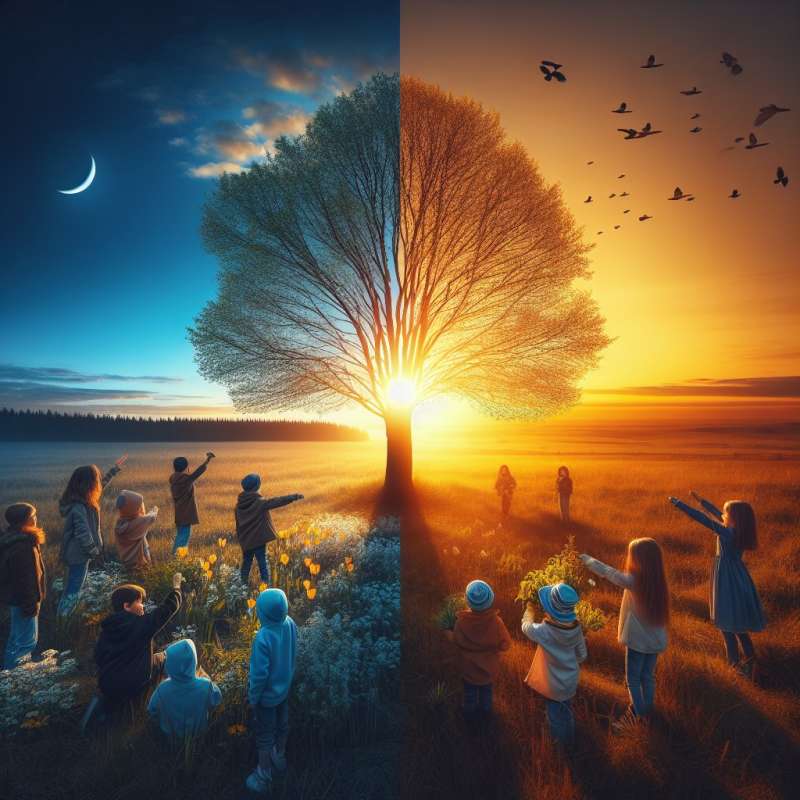
Spring's Origin and Etymology
The word 'spring' stems from 'springan', meaning to burst forth. It describes the season when plants spring from the ground, a term dating back to the 16th century.
Vernal Equinox Explained
During the vernal equinox, around March 20th, day and night are nearly the same length. It marks spring's astronomical beginning, with Earth's axis not tilted toward or away from the sun.
Unique Spring Phenomena
Spring witnesses the 'vernal bloom', where various plants flower simultaneously to exploit early pollinators. This widespread bloom is a strategy to maximize reproductive success.
Animal Behavior in Spring
Spring triggers a surge in animal activity. Many species enter a breeding phase, driven by increased daylight and warmer temperatures, which influence hormonal changes.
Cultural Springtime Traditions
Globally, spring is celebrated with unique traditions. Japan's cherry blossom festivals and India's Holi festival reflect the joy of nature's renewal.
Spring in Literature
Spring has long symbolized rebirth and renewal in literature. Poets like Wordsworth and e.e. cummings have famously captured its essence, associating it with youth and new beginnings.
Climate Change Impact
Climate change affects spring's onset, leading to earlier flowering and breeding in some regions. This shift impacts ecosystems, potentially disrupting species interactions and biodiversity.Snow in Spring?
In the Arctic, spring can see snowfalls, as temperatures remain low despite increased daylight.
What does 'springan' signify?
A season's name origin
To burst forth
A type of plant
Company